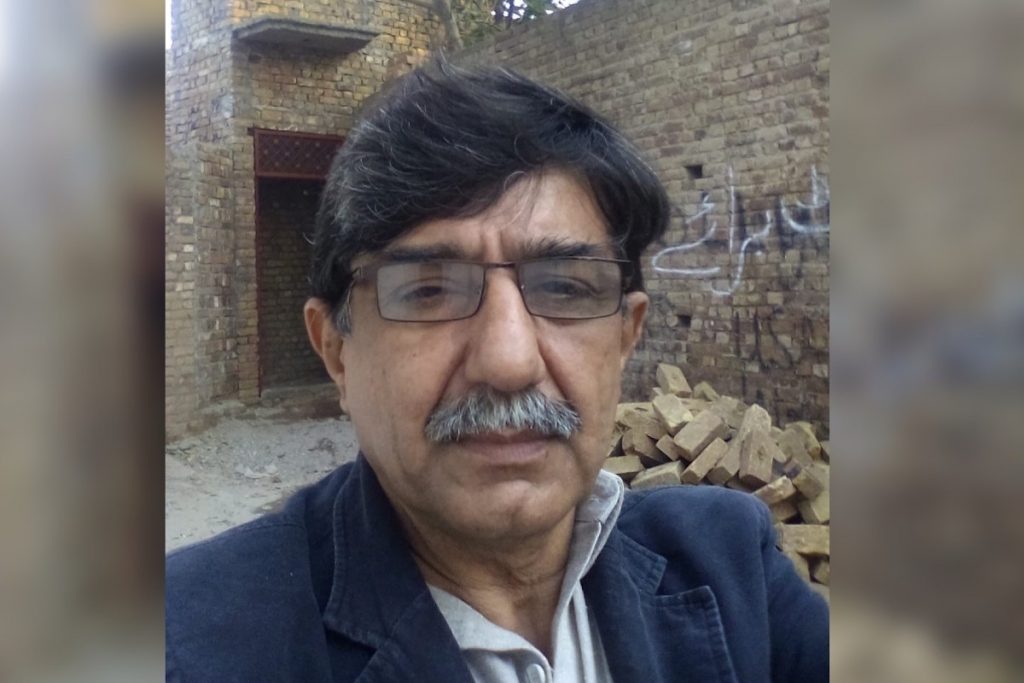
A professor from a religious minority in the northwestern city of Peshawar in Pakistan was shot and killed on Oct. 5 reportedly over “religious matters.”
Naeem Khattak, an Ahmadi Muslim, was gunned down while he was returning home after giving a lecture.
The assailants, Farooq Maad, and a still unidentified gunman, were identified as Sunni Muslims.
Police reports said Maad and the other gunman fired on Khattak, who was driving a car when shot, a day after they had a heated discussion over religious matters, reported AP.
Faith-based rights groups have repeatedly claimed that the Ahmadiyya community in Pakistan has been widely discriminated against even “in the Constitution, in national institutions, and in society.”
In 1974, the Pakistani government declared Ahmadis non-Muslims. Since then, the Ahmadi have been targeted by Islamic extremists along with other religious minorities.
A report released by the UK All-Party Parliamentary Group in July 2020 revealed that from 1984 to July 2020, at least 269 Ahmadi Muslims have been killed “on the ground of [their] faith.”
In 1984, Pakistan’s parliament introduced an ordinance that prohibited Ahmadis to call themselves Muslims and made it a criminal and punishable offense.
In a statement, the group Christian Solidarity Worldwide said Pakistani laws against the religious minority “have severely affected” the economic, social, and political rights of the Ahmadi Muslims.
The group said these policies have been exposing the religious minority to “persistent and systematic harassment, and violent targeted attacks for their faith and identity.”
The human rights organization said even Ahmadi children face hardships and discriminations in schools.
“The violence affects every aspect of their lives including the desecration of their gravesites and the destruction of mosques,” read CSW’s statement.
Mervyn Thomas, president of CSW, said the plight of the Ahmadiyya community and their appeals for intervention “have been continually disregarded by the Pakistani authorities.”
Thomas said justice remains elusive for members of the Ahmadi community who were killed, adding that “perpetrators are not brought to justice” because of the inaction of the government.
“Hateful rhetoric from government officials and radical Islamists groups has only emboldened mobs to act with impunity,” said Thomas.
He urged the Pakistani government “to repeal the sections of the constitution that render the Ahmadiyya Community illegal.”
He also called on authorities to do their job and prosecute those who are responsible “for acts of violence against [the Ahmadis] and other religious minorities.”
Michelle Chaudhry, president of The Cecil and Iris Foundation, said that while the world celebrated World Teachers’ Day on Oct. 5, “we in Pakistan resort to killing [Ahmadi Muslims] for the personal way they choose to worship God.”
“The government must fulfill its responsibility of protecting every citizen of Pakistan regardless [of] their faith and this is clearly stated as the Constitution,” said Chaudry in a statement.
She said the attacks and the murders of religious minorities in Pakistan “must be condemned in the strongest possible manner.”
Muslims constitute 96 percent of Pakistan’s total population.
According to Open Doors USA’s 2020 World Watch List, Pakistan is fifth in the world’s worst country when it comes to religious persecution.
In 2018, the US State Department named Pakistan as a “country of particular concern” for religious freedom violations.
Source: Licas Philippines
0 Comments